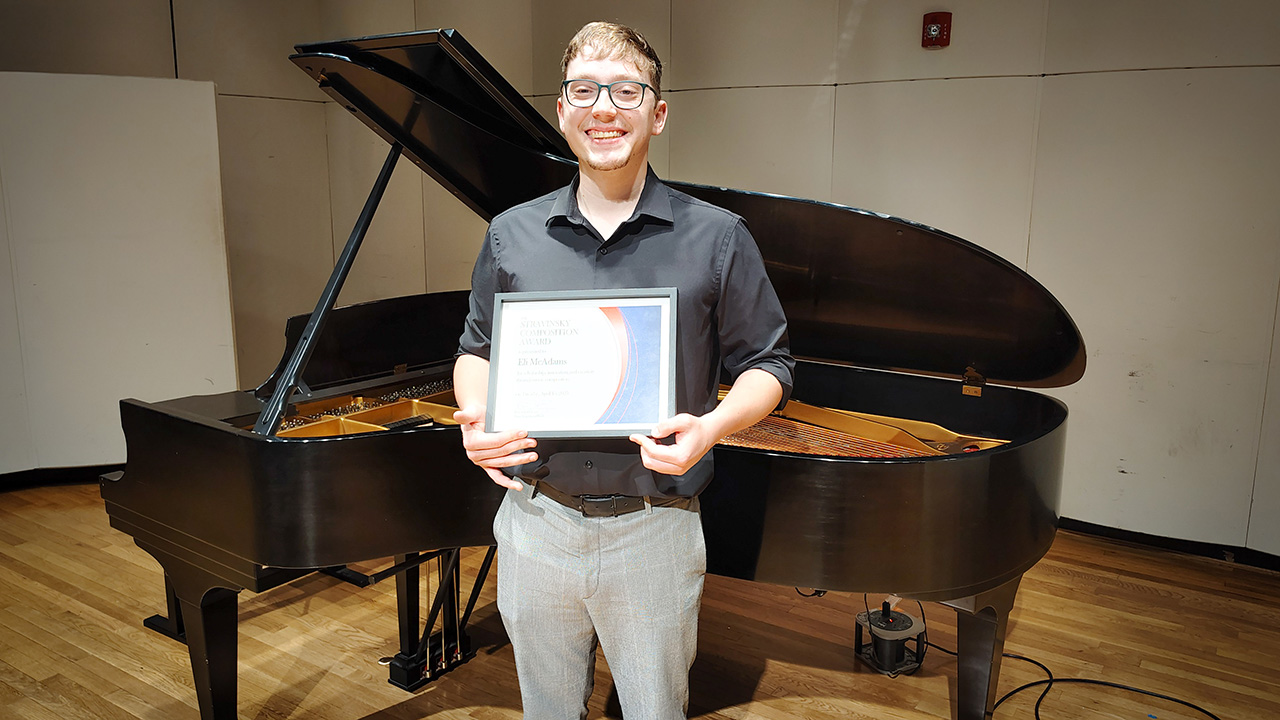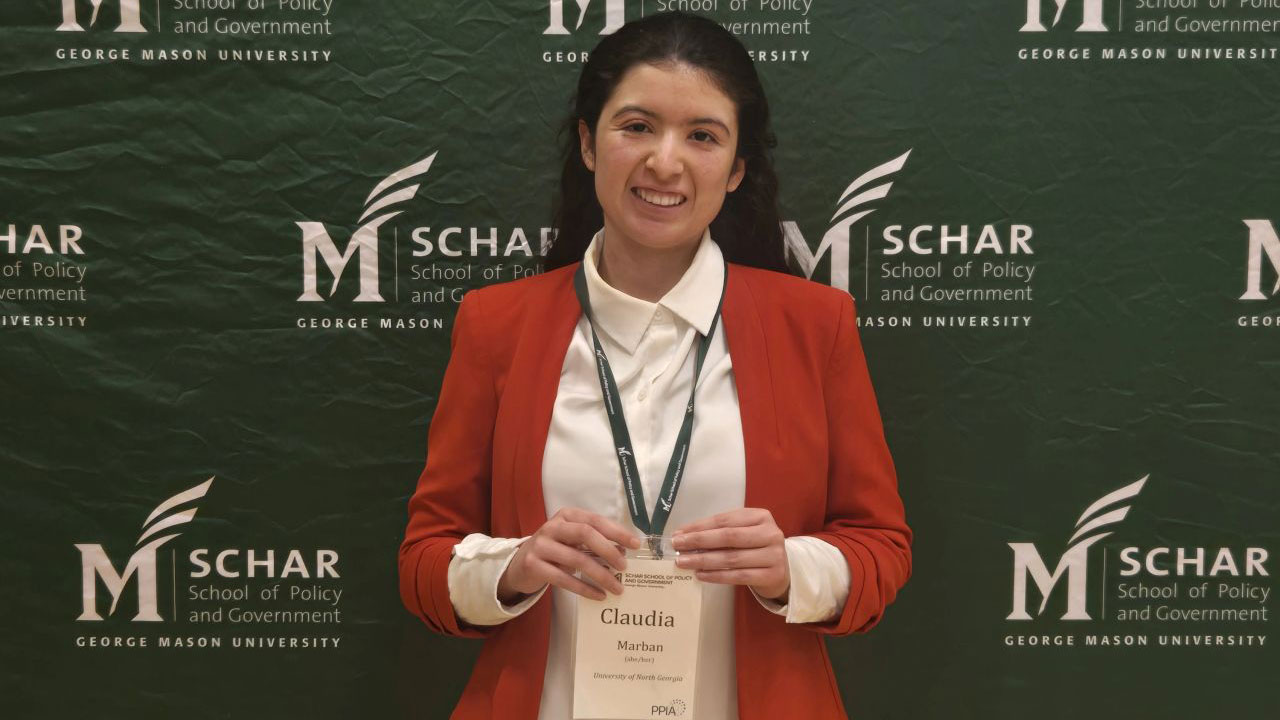East Asian Films introduce students to foreign culture

Article By: Staff
Dr. Robin O'Day believes University of North Georgia (UNG) students need to be exposed to different cultures and languages. To accomplish that goal in an entertaining way, the assistant professor of cultural anthropology collaborated with four other faculty members to sponsor the third East Asian film series.
Funded by a Presidential Incentive Award, the three feature-length films with the theme of hope and social change in East Asia will be screened for free to students, faculty and staff in Hoag Auditorium on UNG's Dahlonega Campus. After the films, O'Day and his collaborators from the departments of communication, media and journalism; visual arts; history, anthropology and philosophy; English; and political science and international affairs will lead a discussion.
"This is a great activity to get students involved and reach them beyond the classroom," O'Day said.
The first film screened was "A Taxi Driver." Released in 2017, the award-winning South Korean film told the story of the 1980 uprising against a repressive military government through the perspective of a taxi driver inadvertently caught up in the protests.
The second film, "Shoplifters," will be screened at 4 p.m. March 12. Released in 2018, the Japanese movie explores the meaning of family bonds that run into conflict with normative state laws and institutions.
"Blue Gate Crossing" is the final film in the series. It will be shown at 4 p.m. April 2. The award-winning Taiwanese film is a coming-of-age drama by director Yee Chin-yen.
O'Day said for many students, the East Asian Film series offers them the first opportunity to see a foreign film.
"We hope this will spark their curiosity about an area or culture," he said.
Based on the previous two film series, O'Day said the results have been positive.
"Each year we've done it, the number of students who have attended has grown," he said.
O'Day said in its first year, the movies were shown in rooms in the libraries on the Gainesville and Dahlonega campuses.
"We had a better turnout in Dahlonega because it is the residential campus. It is also where the East Asian studies is based," he said. "And we shifted the screenings to Hoag because it feels like a movie theater."
The movies also lead to more discussion in the classroom, O'Day said. For example, the advanced classes in East Asian studies recall the dynamics of families, social changes and political issues from the film.
"These movies have a way of making history and culture come alive," he said.



